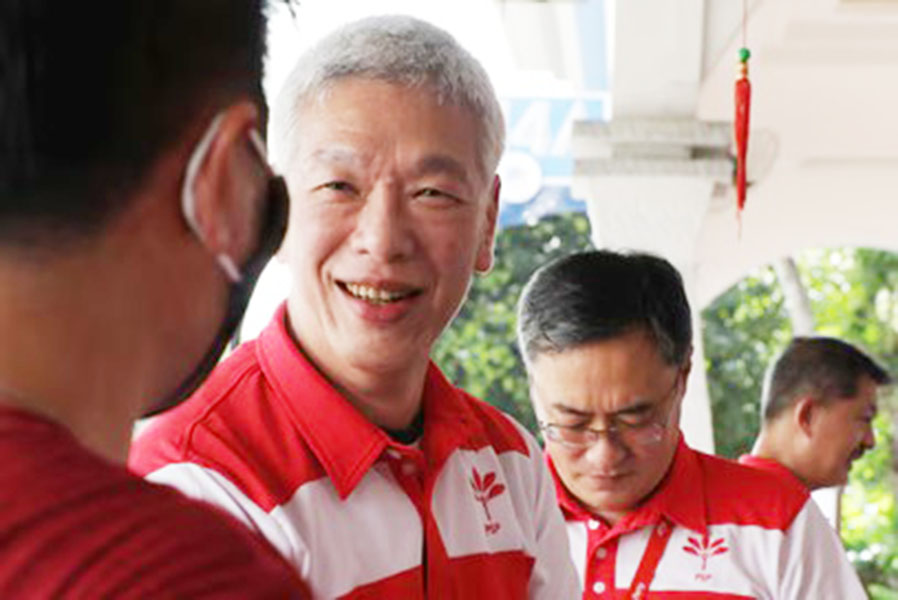(Reuters) – Lee Hsien Yang, the youngest son of the late founder of modern Singapore Lee Kuan Yew, said on Tuesday he is now a political refugee, in the latest twist in a high-profile feud in the city-state’s most famous family.
Lee and his sister Lee Wei Ling, who died on Oct. 9, have for years been estranged from influential elder brother Lee Hsien Loong, who was prime minister for two decades until May this year, over what to do with their father’s home after his death in 2015.
The frayed relationship has played out publicly, with the younger Lee, 67, aligning himself with an opposition party during the 2020 election and last year saying he was considering running for the Singapore presidency, a largely ceremonial post.
In a Facebook post on Tuesday, Lee said Britain has determined he faces “a well-founded risk of persecution, and cannot safely return to Singapore”.
“I sought asylum protection as a last resort. I remain a Singapore citizen and hope that some day it will become safe to return home,” he said.
Singapore’s government said the persecution claim was baseless and unfounded, ChannelNewsAsia reported.
Britain’s government did not immediately respond to a request for comment and its high commission in Singapore referred Reuters to the foreign office in London.
Lee in his post said he had sought asylum protection in 2022, citing government “attacks” and persecution against him and his family, and that he was unable to return for his sister’s funeral as a result.
In an interview with the Guardian newspaper published on Tuesday, Lee said Britain had granted him asylum in August.
He had said last week that he would apply to demolish Lee Kuan Yew’s home in line with his father’s wishes.
The government said in response it would consider issues related to the property in due course. Lee Hsien Loong thought it should be up to the government to decide what to do with it, including potentially retaining it as a heritage landmark.
The elder Lee remains in the cabinet in the post of senior minister, a role also held by his father, who from 1959 to 1990 oversaw the tiny city-state’s rapid rise from a British colonial backwater to a global trade and financial centre.
Lee Hsien Yang and his sister had said in 2017 they had lost confidence in their elder brother, accused him of abusing his power, and that they feared the “organs of the state” could be used against them.
Lee Hsien Loong rejected the allegations, in what was rare criticism of a Singaporean leader.
His brother also told Japanese news agency Kyodo in an interview last year he had effectively self-exiled in Europe and was unlikely to return to Singapore due to fear of political prosecution.
In May, Lee was ordered to pay damages to two cabinet ministers in a defamation suit, over online posts he made that the government said had contained falsehoods regarding a controversy over the ministers renting state properties.

